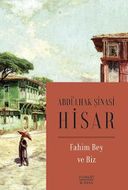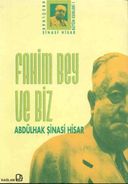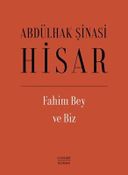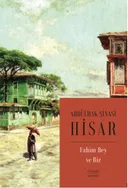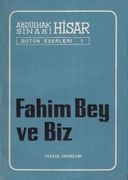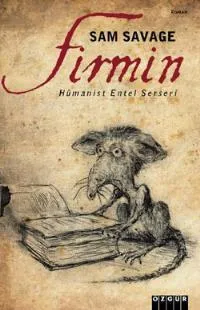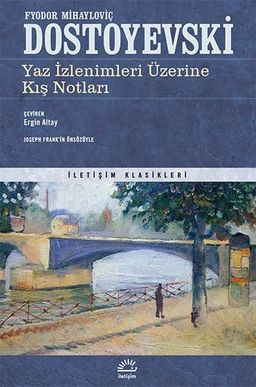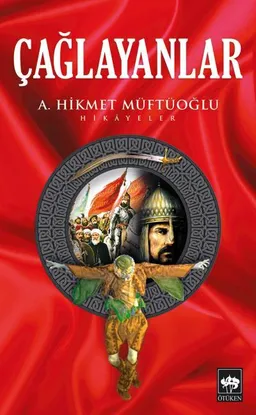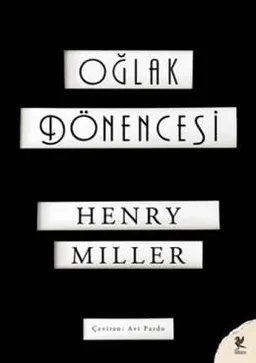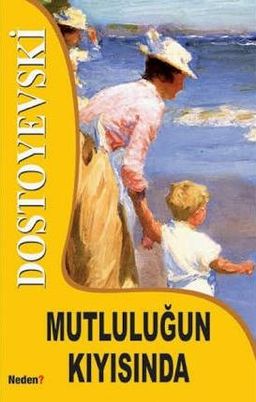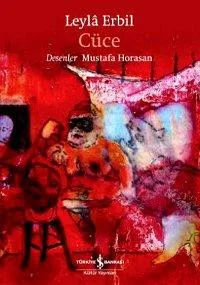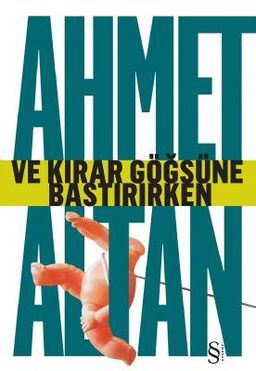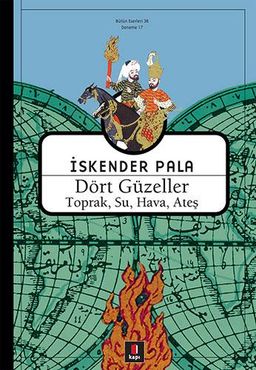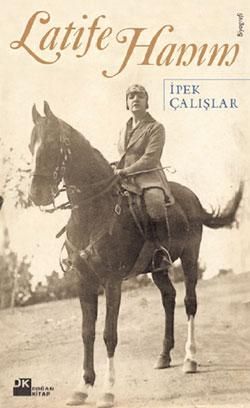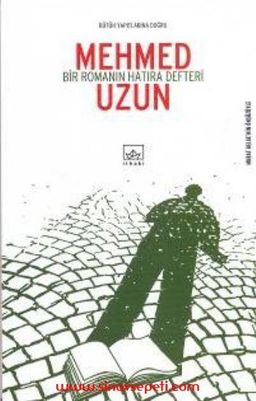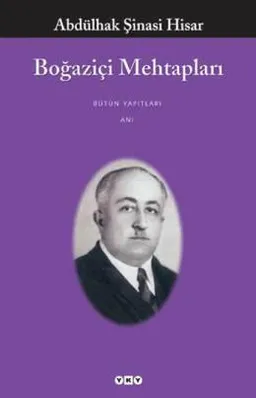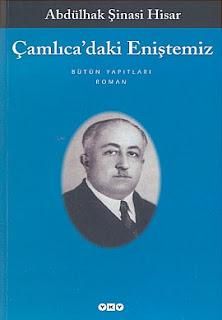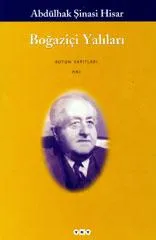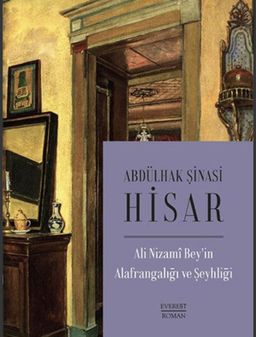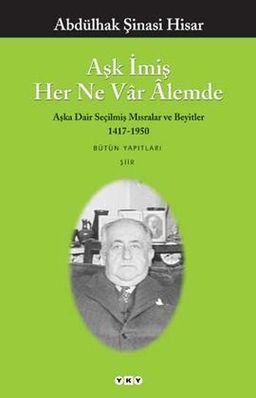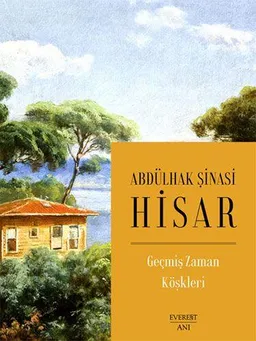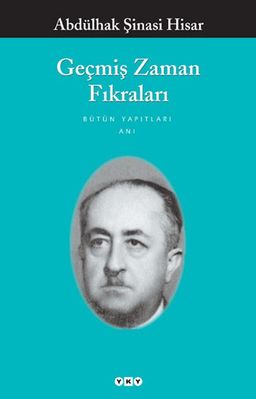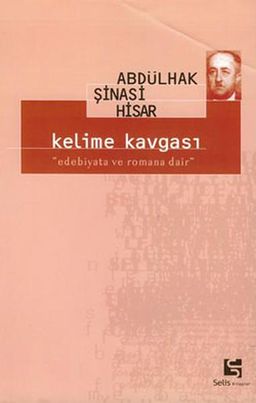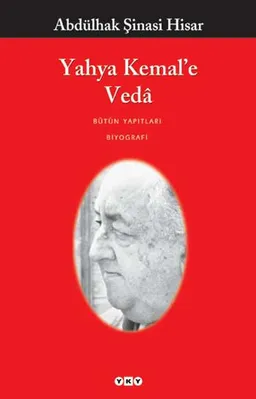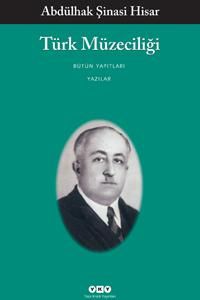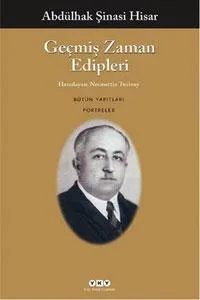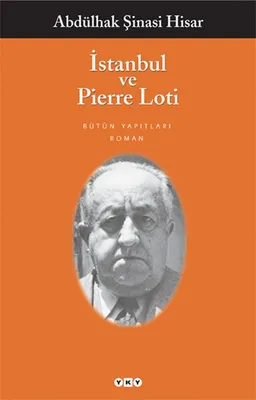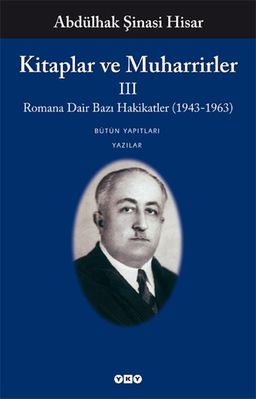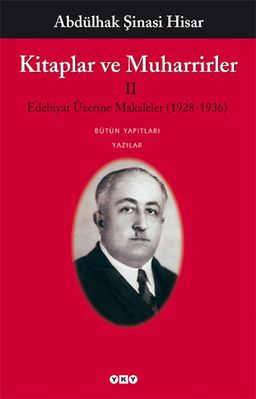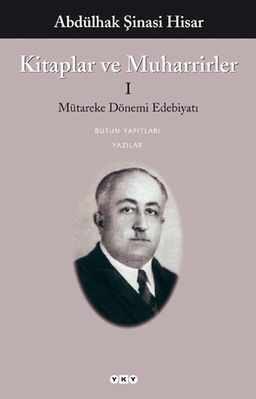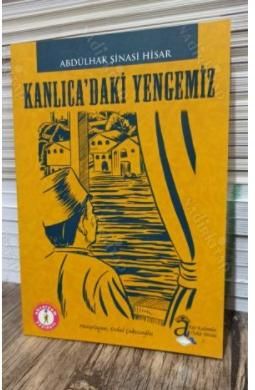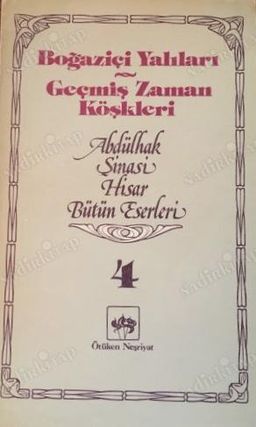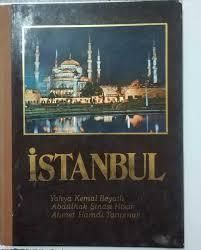Fahim Bey ve Biz
Abdülhak Şinasi HisarAbout Fahim Bey ve Biz
Fahim Bey ve Biz subject, statistics, prices and more here.About
This text has been automatically translated from Turkish. Show Original
Abdülhak Şinasi Hisar's novels, which he calls "stories", are among our 20th century classics with his style that traces the inner world of a person and looks deep into his soul. While Hisar builds the characters and their lives with its original language, it is both very close and very distant from them. Hisar, who builds his novels around characters, not cases, uses time and space as the cornerstones of memory rather than pastime.
In his first novel, Fahim Bey and Us, Abdülhak Şinasi Hisar tells the story of Fahim Bey's ordinary life, but which, when viewed from the future, contains the movements, transformations and contradictions of an entire period. Fahim Bey is one of the unique characters of our literature, with his bureaucratship in late Ottoman offices, his attempts as a merchant, his search for identity, and his inability to hold on.
Author: Abdülhak Şinasi Hisar
Editor: Sevdagül Kasap
Türler:
Estimated Reading Time: 4 hrs. 59 min.Page Number: 176Publication Date: February 2023Publisher: Everest YayınlarıISBN: 9786051859460Country: TürkiyeLanguage: TürkçeFormat: Karton kapak
Other Editions
Fahim Bey ve Biz
884 okunmaEverest Yayınları · October 2022 · 212 syf
Fahim Bey ve Biz
584 okunmaYapı Kredi Yayınları · April 2014 · 136 syf
Fahim Bey ve Biz
215 okunmaBağlam Yayıncılık · November 1996 · 150 syf
Fahim Bey ve Biz
113 okunmaEverest Yayınları · October 2022 · 212 syf
Fahim Bey ve Biz
40 okunmaEverest Yayınları · February 2023 · 176 syf
Fahim Bey ve Biz
17 okunmaHilmi Kitabevi · 1955 · 212 syf
Fahim Bey ve Biz
13 okunmaÖtüken Neşriyat · 1978 · 220 syf
Fahim Bey ve Biz
11 okunmaVarlık Yayınları · 1966 · 276 syf
Fahim Bey ve Biz
1 okunmaHilmi Yayınevi · 1941 · 230 syf
Book Statistics
All statistics
Statistics of this edition
Reader Profile of the Book
Kadın% 75.0
Erkek% 25.0
0-12 Yaş
13-17 Yaş
18-24 Yaş
25-34 Yaş
35-44 Yaş
45-54 Yaş
55-64 Yaş
65+ Yaş
About the Author
Abdülhak Şinasi HisarYazar · 21 books
This text has been automatically translated from Turkish. Show Original
Abdülhak Şinasi Hisar (Istanbul, 14 March 1887 - 3 May 1963) He spent his childhood in Rumelihisarı, Büyükada and Çamlıca. He entered Galatasaray High School in 1898; He fled to France in 1905. He attended École Libre des Sciences Politiques in Paris. II. He returned to Turkey after the declaration of the Constitutional Monarchy (1908). He worked in French and German companies, the Ottoman Bank, the Regime Administration, and after 1931, he settled in Ankara and worked at the Ministry of Foreign Affairs. He returned to Istanbul in 1948; He settled in an apartment overlooking the Bosphorus in Ayaspaşa. He was the editor-in-chief of the magazine "Türk Yurdu" for a while (1954-57). He died of brain hemorrhage at his home in Cihangir.
He started his career in literature with poetry, book introductions and criticism in the magazines Dergâh and Yarın during the armistice years. He became known with his articles in the newspapers Progress and Civilization from 1921 onwards; He wrote for the magazines Ağaç, Varlık, Ülkü and Türk Yurdu and the newspapers Milliyet, Hâkimiyet-i Milliye and Dünya. Although he is a writer of the Republic period, Hisar remains loyal to the Constitutional period in terms of language and style. All his works are essentially based on "memories". In his novels, he adopted the literary approaches of writers such as Maurice Barrés, Anatole France and Marcel Proust.
Fahim Bey and Us, which won third place in the 1942 CHP Story and Novel Award, was translated into German (Unser Guter Fahim Bey, Trans.: Friedrich Von Rummel, 1956). Sermet Sami Uysal (Varlık Yayınları, 1961) and Necmettin Türinay (M.E.B., 1993) each have a book called Abdülhak Şinasi Hisar.
After his death, Abdülhak Şinasi Hisar: Selections (Prepared by S. İleri, YKY, 1992), Past Tense Literatures (Prepared by T. Yıldırım, Selis, 2005) and Word Wrestling: "On Literature and Novel". He has published three more books (Selis, 2005).
Books
Fahim Bey ve Biz
8.1/10
Boğaziçi Mehtapları
8.5/10
Çamlıca'daki Eniştemiz
7.7/10
Boğaziçi Yalıları
7.9/10
Ali Nizami Bey’in Alafrangalığ...
8/10
Aşk İmiş Her Ne Var Alemde
8.5/10
Geçmiş Zaman Köşkleri
8.6/10
Ahmet Haşim: Şiiri ve Hayatı
8.6/10
Geçmiş Zaman Fıkraları
6.5/10
Kelime Kavgası
8.6/10
Yahya Kemal’e Veda
10/10
Türk Müzeciliği
7/10
Geçmiş Zaman Edipleri
9.2/10
İstanbul ve Pierre Loti
0/10
Kitaplar ve Muharrirler III - ...
0/10
Kitaplar ve Muharrirler II - E...
0/10
Kitaplar ve Muharrirler I - Mü...
0/10
Kanlıca'daki Yengemiz
0/10
Boğaziçi Yalıları - Geçmiş Za...
0/10
Edebiyat Yazıları 1
0/10
İstanbul
0/10
